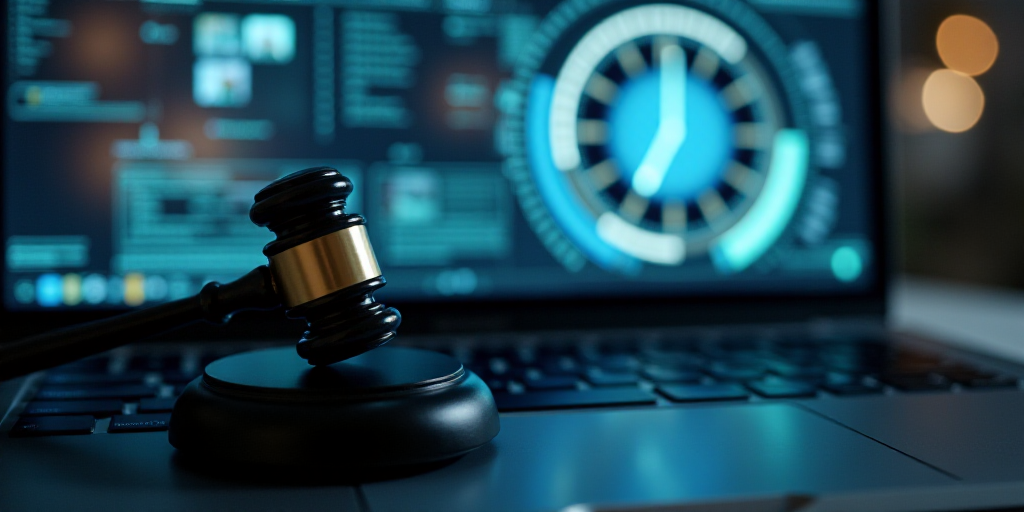Introduction
As artificial intelligence (AI) becomes increasingly prevalent across various sectors, its regulation varies by country or region, as there is no single global organization overseeing it. Internationally, institutions like the United Nations (UN) have fostered ethical and legal debates on AI, particularly concerning human rights.
Global Recommendations and Principles
The UNESCO has published global ethical recommendations on AI use, while the OECD has established principles for responsible AI use among member countries.
Mexico’s Legal Landscape
In Mexico, there is currently no specific law regulating AI. However, legislative debates and proposals are underway.
Existing Legal Framework
According to Guillermo Solórzano, a founding partner of the firm Solórzano Linaldi, although AI use is not directly regulated in Mexico, there are legal rules that indirectly apply. He explains:
“What currently exists regarding AI regulation in Mexico are legal orders that were not specifically created to address AI issues, but they do have indirect influence, such as the right to protection of personal data, privacy, and legal security.”
He further elaborates on specific laws related to personal data protection, the Federal Law of Authors’ Rights, and draft court decisions that have addressed certain AI-related matters and copyright issues.
Supervision in AI Usage
Solórzano emphasizes the importance of human supervision in AI use, especially with generative AI (IA Gen), where misuse could violate someone else’s rights.
“For example, products based on copyrighted information or works can inadvertently lead to infringements or even plagiarism if copied and used as one’s own. This also depends on the instructions given to AI commands when requesting it to generate a piece of work.”
He provides an example: If a platform lacks proper policies and includes copyrighted material in its inventory, requesting a general AI-generated artwork might result in an infringement. However, by specifying that the generated work should not violate any existing copyrights in the commands, one can minimize potential infringement risks.
Conclusion
Solórzano stresses that human supervision is a crucial step in AI use to ensure or reduce the risk of infringement on protected works. By providing clear instructions and verifying content through various physical and digital tools, one can significantly decrease the likelihood of infringements.
Key Questions and Answers
- Q: Is AI regulated in Mexico? A: There is no specific law regulating AI in Mexico, but indirect legal rules apply, such as data protection and privacy laws.
- Q: What is the role of human supervision in AI use? A: Human supervision is essential to prevent misuse and ensure that AI-generated content does not infringe on existing copyrights or other protected works.
- Q: How can one minimize the risk of infringement when using AI? A: By providing clear instructions, specifying non-infringement in commands, and verifying content through various tools, one can significantly reduce the likelihood of infringements.






